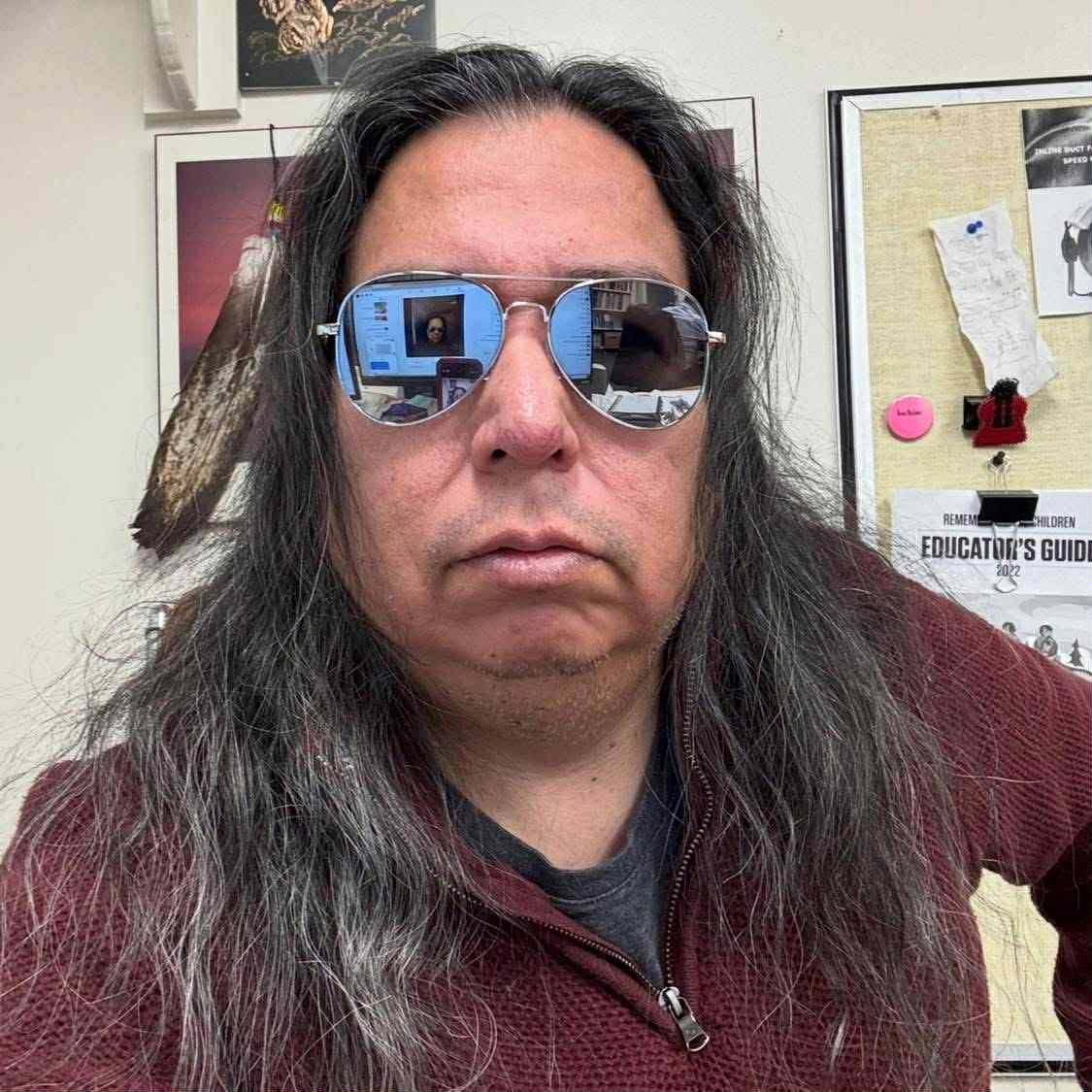
Department of Justice Studies
The Department of Justice Studies is home to two distinct undergraduate programs: the Bachelor of Human Justice, and the Bachelor of Arts in Police Studies. These innovative programs prepare students for a wide variety of careers in the justice field.
Justice Studies' courses draw upon various academic disciplines such as anthropology, criminology, economics, geography, history, law, psychology, religious studies, and sociology integrating criminal, restorative and legal justice, and importantly social justice and human rights.
Justice Studies students have the opportunity to prepare for justice careers as pre-service professionals applying their knowledge, skills and attitudes at community, provincial, national and international levels with police services, restorative justice programs, correctional facilities, probation and parole services, human rights organizations, social services, and advocacy organizations with government and community-based organizations. This aspect of our programs emphasizes the value of integrating theory in practice and through learning by doing.
Human Justice students complete two practicum placements in justice organizations where they gain valuable professional knowledge, skills and attitudes that will afford them a solid foundation in their chosen justice careers.
During the final year of the Police Studies program, Professional Track students seek competitive admission to become a police officer and complete a one-year program of police college and on-the-job training, while Academic Track students complete additional university courses and a police-oriented practicum experiential learning placement.
UR Restorative Justice Club
Per their mission statement, the UR Restorative Justice Club "aims to promote the principles and values of Restorative Justice through processes, including dialogue, campaigns, circles, conferences, education, outreach, and research with academics, community members, practitioners, post-secondary volunteers, and skilled facilitators."
Future events can be found via their Instagram page.
Contact Us
Department of Justice Studies
University of Regina
Classroom Building, CL 343
3737 Wascana Parkway
Regina, SK S4S 0A2
Administrative Assistant
Corie Smith
Phone: 306-585-4779
Department Head
Associate Department Head
Practicum Coordinator
COMING SOON - SPRING 2026 Rebranding to Department of Criminology
Announcements and Events

Should I Stay or Should I Go?
Please join us for 1 of 2 virtual information sessions on our upcoming program changes;
Session for PS Students -
Held Feb. 9th - Watch here
Session for HJ Students -
Held Feb. 11th- Watch here

JS Alumnus - Rooted in Love: Bill Stevenson BHJ'09, MCert'20
The article below highlighting the success of a former BHJ student is something the faculty in the department take great pride in. Bill Stevenson's comments about how the program "expanded his worldview" reflects something the department attempts to provide for all students as they progress through the program offerings. Providing students with the opportunity to experience different points of view as they develop their critical thinking skills is highly valued. We all wish Bill the very best in his continued journey.
50th Anniversary Documentary
FAQ: Prospective Students - Human Justice
Students will acquire skills in analytical and critical thinking and human service practices complementing their general university studies and the liberal arts.
The Introductory and Advanced Practica are features of the BHJ program; students earning academic credit acquiring professional experience. Courses in the BHJ program are offered by faculty and practicing professionals.
The BHJ program prepares students for post-graduate work in fields such as law, criminology, justice studies, social justice, and human rights.
FAQ: Prospective Students - Police Studies
The BA in Police Studies has been recognized as the “best” in formal agreements signed by the Saskatchewan Police Commission, the Saskatchewan Association of Chiefs of Police, and the Saskatchewan Federation of Police Officers – the whole policing community in Saskatchewan. It has also been recognized formally by other organizations, such as the RCMP/GRC and the Edmonton Police Service.
The degree was developed by the University of Regina in partnership with the Saskatchewan Police Commission, the Saskatchewan Association of Chiefs of Police, and the Saskatchewan Federation of Police Officers, and was specifically designed to meet the needs of modern police services. An Advisory Board that includes members from all those groups oversees the Program at all times, which guarantees that it will always be up to date, and offer the best education available.
